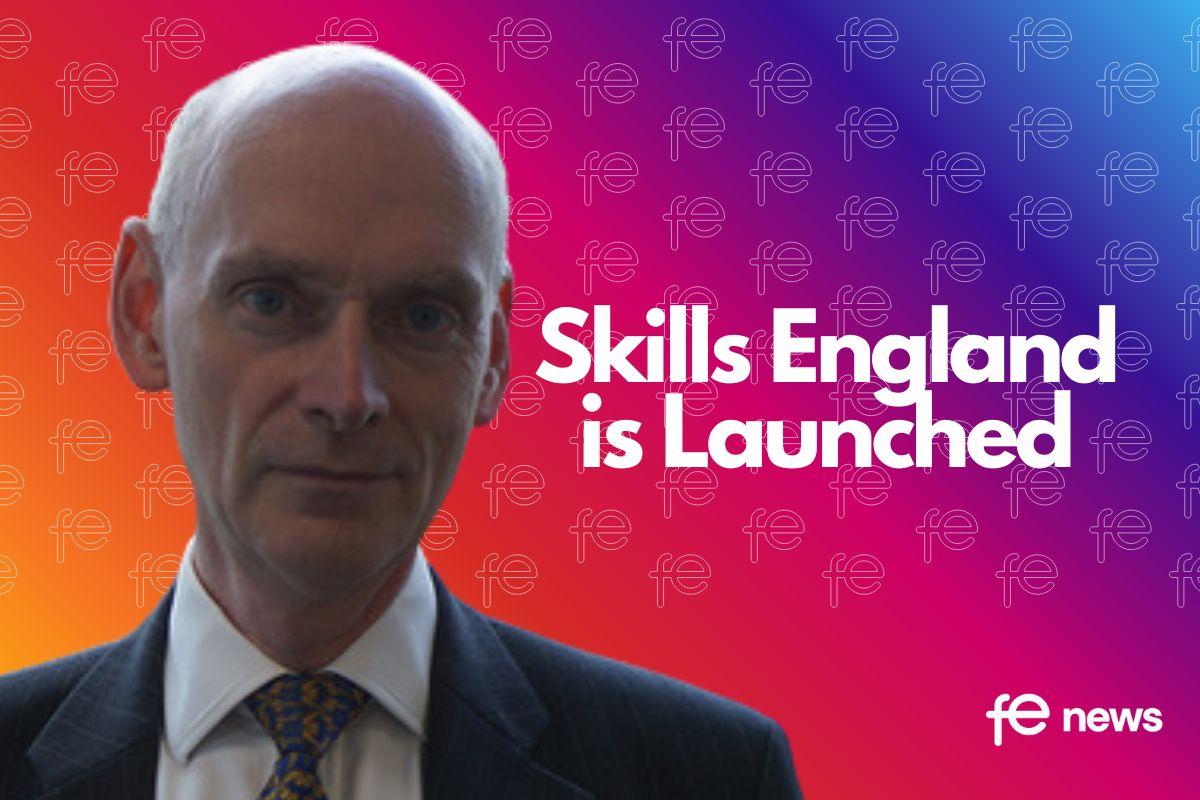Don’t spoil the ship for an ha’peth of tar!

Falling learner numbers, Ofsted inspections in the news for all the wrong reasons, pauses and restarts to the ESFA tendering process… anyone would think that the apprenticeship market is in trouble.
The reality couldn’t be further from the truth. Employers love the new apprenticeship standards as they can see the very real business benefits that they bring, as well as delivering great skills and social mobility to the apprentices themselves. For the first time since I can remember (and I’ve been around a while) both school leavers and their parents are recognising that apprenticeships are a great way to build a career – and not only if you’re the ‘non-academic’ type.
Large employers are seeing the impact that the apprenticeship levy is having on their bottom line and far from treating it as yet another tax to be suffered, they are asking what business benefits apprenticeship programmes can bring to their organisations. Apprenticeships are being talked about in positive terms in Board Rooms around the country.
The elephant in the room is the 10% employer contribution for non-levy payers. SMEs have traditionally formed the bedrock of apprentice employers. The fact that, until 1st May 2017, SMEs didn’t have to make a financial contribution was welcomed by small businesses. It should be understood that these employers never saw apprenticeships as free training – they always knew that they were funded from taxes by Government.
Small businesses often struggle to make a margin, and the ability to have their apprentices trained by professionals without it depleting their bank account allowed many thousands of small businesses to employ and train extra staff. The argument that in order to value apprenticeships businesses cash must change hands holds no water. SMEs are, collectively, the backbone of our economy and the places where many of our skilled professionals start their careers.
As training providers we have worked hard to continue to engage with SMEs since the 10% contribution has been introduced (85% of HIT’s apprentices work in SMEs) but for many businesses with whom we have had professional relationships for many years the cash contribution, on top of hikes in business rates and compulsory pension contributions, is too much to pay. If nothing is done to alleviate this cost for small businesses I fear that they will be forced to offer less well-rounded training giving their staff a set of non-transferable skills. In these pre-Brexit days, we need a strong economy supported by great skills, not one underpinned by an underclass of minimally skilled individuals.
So, a plea to the Government – we have a thriving apprenticeship market with great programmes and extensive opportunities to build skills to support a post-Brexit UK. For goodness sakes let’s not spoil the ship for an ha’peth of tar. Remove the SME contribution now. You know it makes sense.











Responses